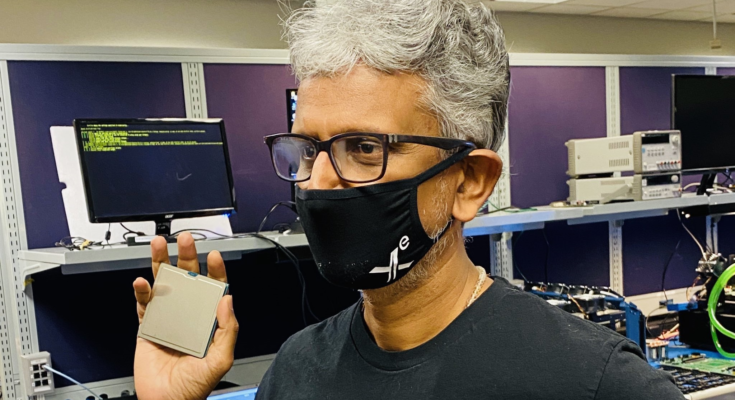Raja Koduri, Intel’s Senior VP and General Manager of Intel Accelerated Computing Systems and Graphics Group (AXG), revealed on Twitter that they don’t plan on commercializing the Xe-HP GPU lineup.
We leveraged Xe HP to build developer ecosystem for HPC, AI and Visual cloud. It’s being used on-site at Argonne and other customers.
We’ll have Xe HPG based data center products for visual cloud/AI Inference and Xe HPC based products for HPC/AI Training @intelgraphics pic.twitter.com/iHZa2dMLqd— Raja Koduri (@Rajaontheedge) October 30, 2021
We deployed Xe HP in our oneAPI devcloud and leveraged it as a SW development vehicle for oneAPI and Aurora. We currently don’t intend to productize Xe HP commercially, it evolved into HPG and HPC that are on general market production path
— Raja Koduri (@Rajaontheedge) October 28, 2021
Koduri explained the plan for Intel is to stop the company’s focus on their Xe-HP series of server GPUs to be released to the commercial market. The reasoning for this appears that Intel has already evolved the original plans for their Xe-HP series into the HPC series, also known as Ponte Vecchio, and the Xe-HPG series, also known as Intel Arc. Essentially, the plans would not make sense to have an additional group of GPUs based on the original Xe-HP architecture.

Intel flagship server GPU line, codename Arctic Sound, were very well known as being “under development” with the resurgence of the Intel HPC section of the company. Koduri even showcased the chips that housed the silicon at Intel Labs as the first high-performing Xe silicon chipset being developed. Semiconductor giant TSMC builds bot Xe-HPC and -HPG dies for Intel.
With the lack of coverage about Intel’s Xe-HP series, it was anticipated that there was a change of focus from within the company. It was still unexpected due to Intel demoing Xe-HP chips delivering up to 42 TFLOPS of FP32 throughput, as well as shipping sampling chips to a small group of consumers.
During this year, Intel shifted focus to administering and producing Ponte Vecchio for their Aurora Supercomputer and their client base. The company also worked toward releasing the Xe-HPG Alchemist GPU family for the first quarter of next year. Koduri states that the Xe-HP line has been fully leveraged and utilized as a “development vehicle for Aurora and Intel’s oneAPI system.
The largest question for now is will the company be able to retain the competitiveness between themselves and rivals NVIDIA and AMD due to this refocusing and essentially pushing back their GPU lines, even if it is only slight. Is it possible that Xe-HP alone was unable to perform to the same level as their competitors? And, in response to the lack of performance, look at their projections over the next several years to fully integrate the Intel Xe-HPC/HPG lines? Right now, Intel has remained fairly quiet as to their reasoning for the changes, but do assure their clients that they are looking into the near future to attempt to dominate the GPU market.
Intel Xe HP GPUs
| GPU Name | Intel Neo 1-Tile | Intel Neo 2-Tile | Intel Neo 4-Tile |
|---|---|---|---|
| GPU Family | Intel Xe-HP | Intel Xe-HP | Intel Xe-HP |
| GPU Process | 10nm SuperFin | 10nm SuperFin | 10nm SuperFin |
| Max Compute Units | 512 EUs | 1024 EUs | 2048 EUs |
| Max Core Count | 4096 Cores | 8192 Cores | 16,384 Cores |
| Core Clock | 1300 MHz (Demo) | 1300 MHz (Demo) | 1300 MHz (Demo) |
| FP32 Compute | 10.5 TFLOPs (Demo) | 21.1 TFLOPs (Demo) | 42.0 TFLOPs (Demo) |
| Memory | HBM2e | HBM2e | HBM2e |
| Memory Bus | TBA | TBA | TBA |
| Memory Clock | TBA | TBA | TBA |
| Memory Bandwidth | TBA | TBA | TBA |
| TDP | ~150W | ~300W | ~400-500W |
Source: Raja Koduri (Twitter), Anandtech




